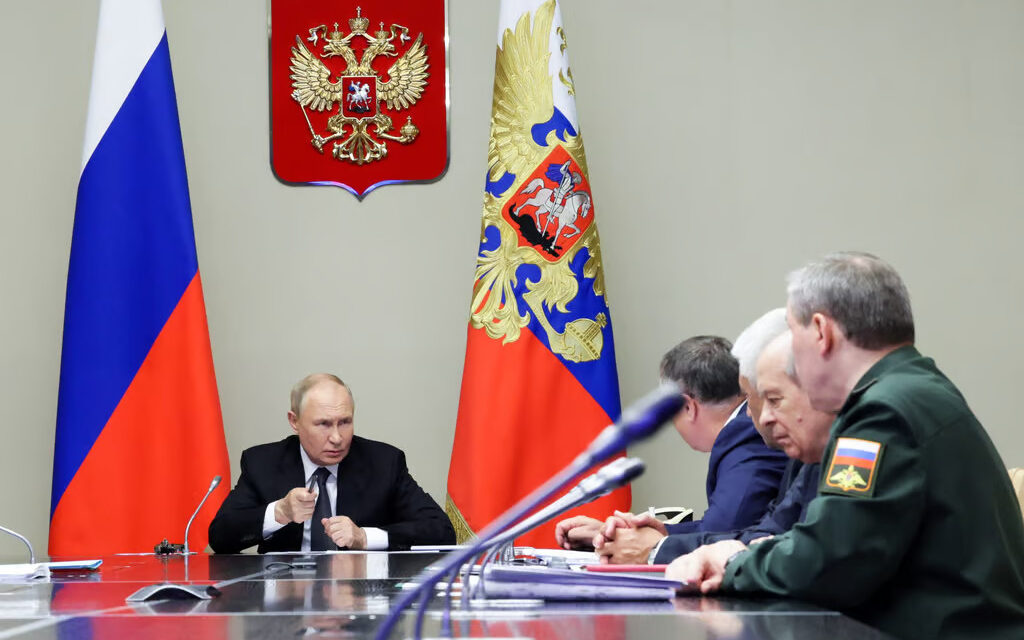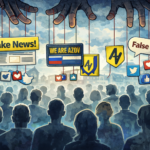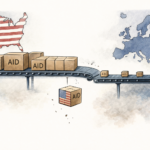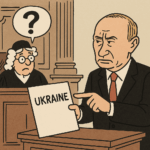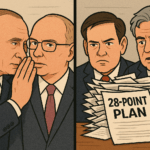The report from Meta highlights concerns regarding ongoing influence campaigns orchestrated by Russian actors, particularly in the context of the upcoming U.S. presidential election. These campaigns are expected to align with domestic political messages that challenge support for Ukraine, using existing opposition voices to amplify their narratives.
Since Russia’s invasion of Ukraine over two years ago, there has been a noticeable increase in covert operations aimed at undermining Western support for Ukraine, leveraging social media and other digital platforms. As the November election approaches, these operations are expected to exploit the rhetoric of U.S. politicians, especially those from the Republican Party, who have criticized the financial support the U.S. provides to Ukraine. Notably, Republican vice-presidential candidate JD Vance has publicly opposed this support, which may provide fertile ground for Russian propaganda.
Meta’s security policy director, David Agranovich, emphasized that while Russian efforts will likely focus on influencing election-related discussions, these campaigns are not directly linked to any specific U.S. politicians. Instead, their primary goal is to shape opinions against supporting Ukraine, reflecting broader trends in Russian information warfare tactics.
The Kremlin’s approach has evolved over the years, moving from generating divisive content independently to amplifying messages from domestic politicians and influencers. This shift is evident in recent campaigns that have exploited political events and sentiments in various countries, including during the Paris Olympics and amid political unrest in the UK.
Meta’s report indicates proactive measures taken to counter these campaigns, noting the removal of four major clandestine influence operations linked to Russia. Despite spending significant money on ads—over $150,000 collectively across various platforms—the effectiveness of these operations in swaying voter opinions remains uncertain.
Additionally, Meta uncovered a domestic covert operation that mimicked Russian strategies by creating a fake political advocacy group targeting conservative voters in key states, showcasing the complex interplay of domestic and foreign influence efforts in shaping political discourse.
Overall, as the election approaches, vigilance about disinformation and foreign influence campaigns will be critical in protecting the integrity of the electoral process.
Read more at Politico

